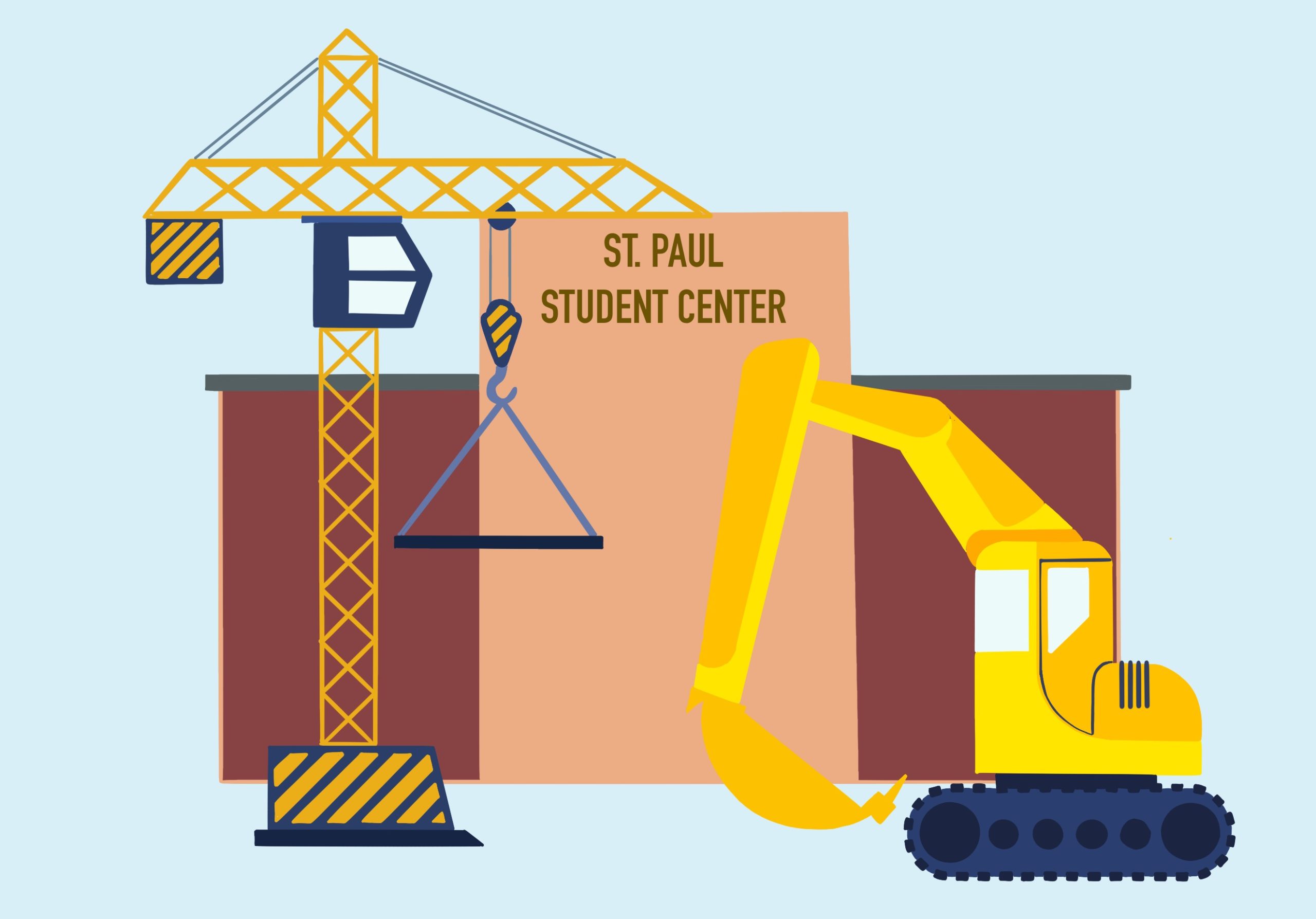Oil and water don’t mix.
That is, unless they are coming together in a class dubbed “Oil and Water: The Gulf Oil Spill of 2010,” a joint venture of the University of Minnesota’s College of Food, Agricultural and Natural Resource Sciences and the Institute for Advanced Study.
The class will address the current crisis in the Gulf of Mexico by educating students on the history and ecology of the Gulf, the makeup of the Louisiana economy and the impact of past oil spills on humans and the environment.
Robert Gilmer, a University graduate student and the course’s instructor, hopes to help students sort through the contradictions and find connections within the Gulf crisis in his class this fall.
“What fascinates me the most about it is looking at all the paradoxes involved,” Gilmer said.
He points out that while oil and water do not usually mix, it is easy to forget that something as basic as the success or failure of commercial fishing in Louisiana is closely tied to oil.
“The oil rigs themselves form artificial reefs off the coast,” Gilmer said. “A lot of these fishermen … go out to the oil rig because that’s where the best fishing spots are.”
But the oil spill is affecting more than just Louisiana. Minnesota, too, is tied to the Gulf by the potential for a rise in energy costs across the nation. Migration patterns of Minnesota’s native birds, such as the loon, will take them to the Gulf in late October, where oil will almost certainly pose a threat.
The oil spill is even expected to affect farming practices along the Mississippi River.
“We’re going to see a huge water quality issue in the Gulf,” said Jay Bell, soil science professor and associate dean of academic programs and faculty affairs in CFANS.
Nutrient management will have to change along the Mississippi in order to avoid putting added environmental stress on the Gulf, Bell said.
Nitrogen-rich fertilizers used by Minnesota farmers will only add to an already serious pollution problem when they wash into the Mississippi River and travel to the Gulf.
With so many contributing factors and offshoots of the oil spill, both Bell and Gilmer point out that the repercussions of this disaster could be felt for 10 to 20 years, perhaps longer.
“We can be pretty apathetic” as college students, Kate Meier, a first-year University graduate student said of the crisis.
“It’s easy to live in a bubble,” she said, adding that that’s no reason to.
The class is targeted at more than just environmental policy majors. All University students can register for the class, and as of Tuesday, only 4 of the 30 seats had been filled.
Leslie Eckberg, a University undergraduate, said she is interested in signing up for the class. Despite her clothing design and art history double major, she said the class most definitely appeals to her.
“It’s important for people to be aware of their surroundings,” she said.
The complexity of the spill has changed significantly since a U.S. Coast Guard estimate in May that 5,000 barrels of oil were leaking from the well each day. That figure ballooned to 60,000 barrels per day shortly after, and recent BP worst-case-scenario estimates put it at 100,000 barrels.
Given changing perceptions such as these, Gilmer has left his syllabus open to change.
“Already, this is the largest environmental disaster in the United States,” Gilmer said.
This class will add to the list of other timely courses conjured up by Ann Waltner, director of the University’s Institute for Advanced Study.
In the past, the University has offered classes on topics such as the credit crisis, the Indian Ocean tsunami and the Interstate 35W bridge collapse.
Of the newest crisis-based class, Bell said, “Let’s just hope it’s only a one-semester offering.”









